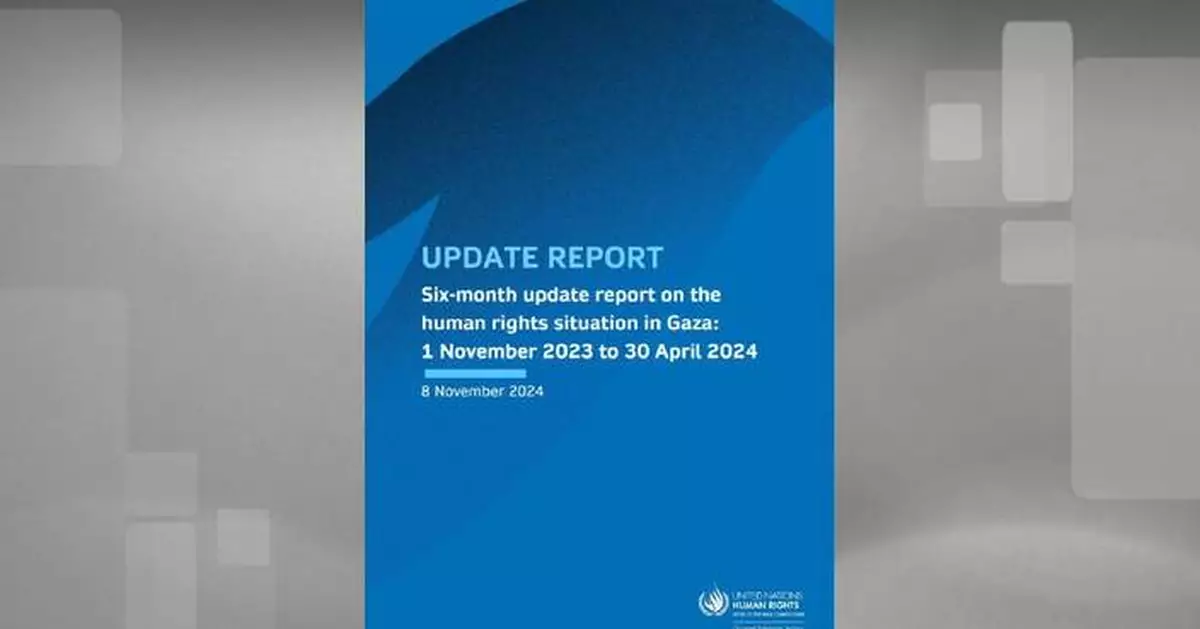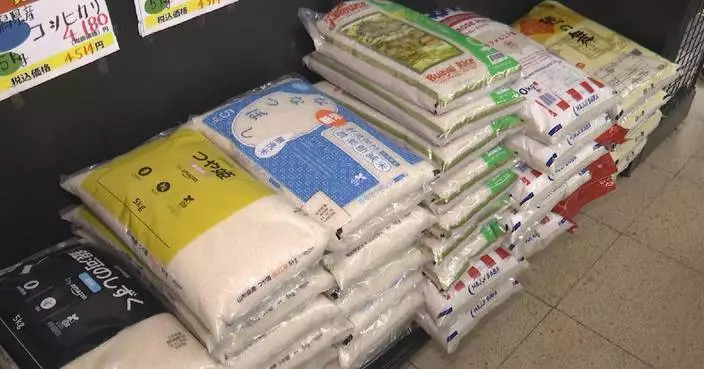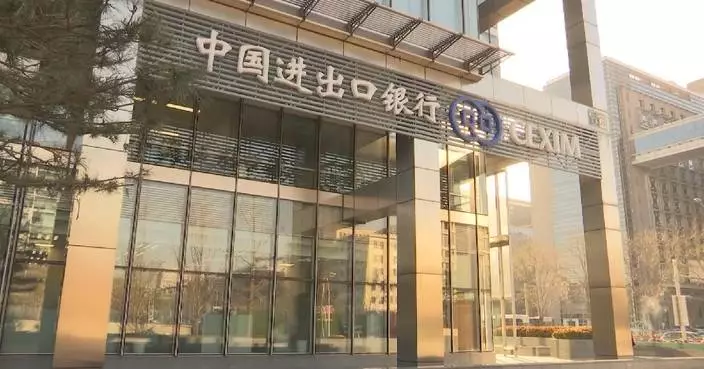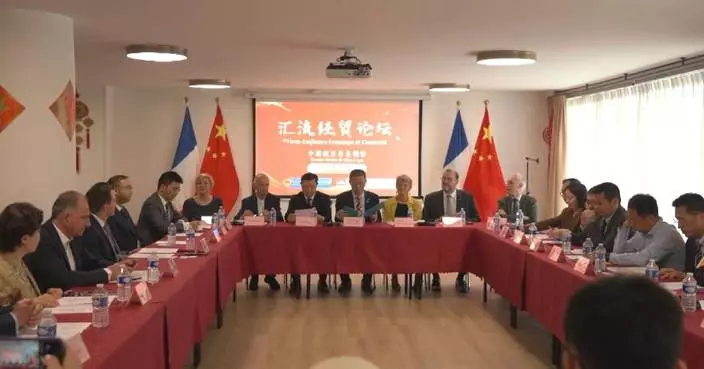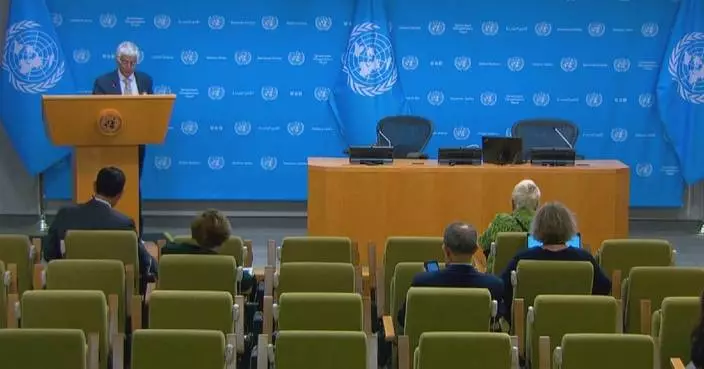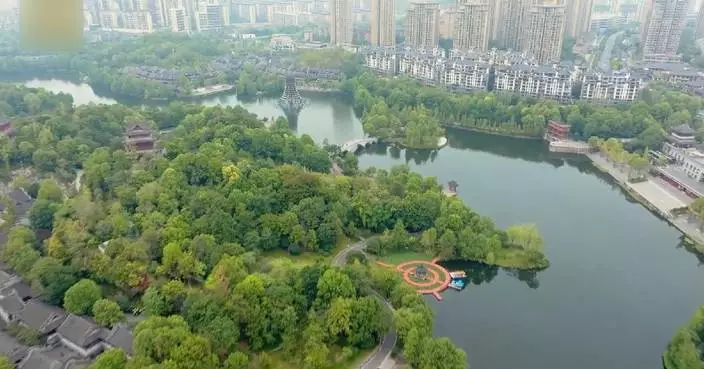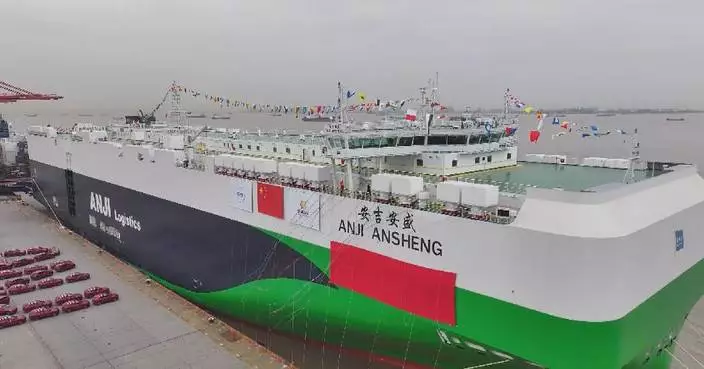The United Nations Office of the High Commissioner for Human Rights (OHCHR) issued a report on Friday, asserting that there must be "due reckoning" for the horrific violations and potential atrocity crimes occurring in the Gaza Strip.
Spanning the period from November 2023 to April 2024, the report provides a detailed examination of unlawful acts, including the deliberate targeting of civilians and other serious breaches of international humanitarian law. It indicates that many of these actions may constitute war crimes, highlighting the urgent need for a comprehensive response to the ongoing humanitarian crisis.
UN Human Rights Chief Volker Türk emphasized that Israel must fully and immediately fulfill its international obligations to prevent, protect against and punish acts of genocide and associated prohibited conduct.
The report reveals that nearly 70 percent of those killed in Gaza due to hostilities, including airstrikes, were women and children, and approximately 80 percent of fatalities occurred in residential buildings or similar structures.
It calls for further investigation and full accountability into all violations and alleged violations in accordance with international law.
"It is essential that there is due reckoning with respect to the allegations of serious violations of international law through credible and impartial judicial bodies and that, in the meantime, all relevant information and evidence are collected and preserved," Türk said.
Türk also called on UN member states to reassess military sales and support to the parties involved in the conflict, particularly when such assistance carries a significant risk of serious violations of international law.
"The violence must stop immediately, the hostages and those arbitrarily detained must be released, and we must focus on flooding Gaza with humanitarian aid," he said.
Israel's unrelenting attacks on the Gaza Strip have killed 43,508 Palestinians and injured 102,684 others over the past 13 months since October 7, 2023, according to the enclave's health authorities on Friday.
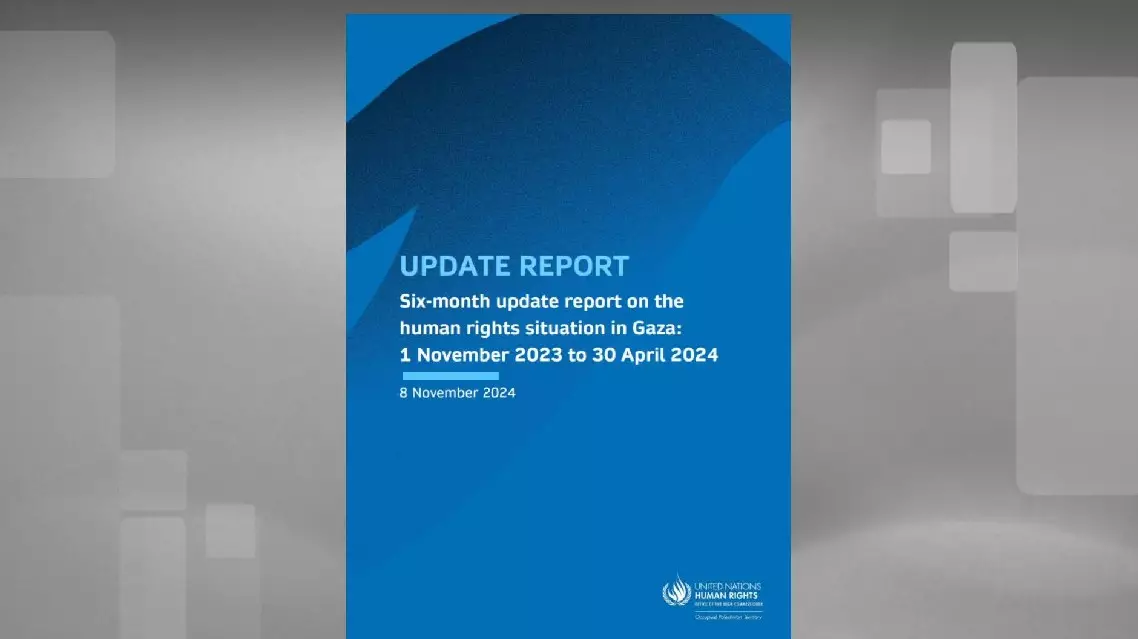
UN Human Rights office demands accountability for violations, atrocity in Gaza
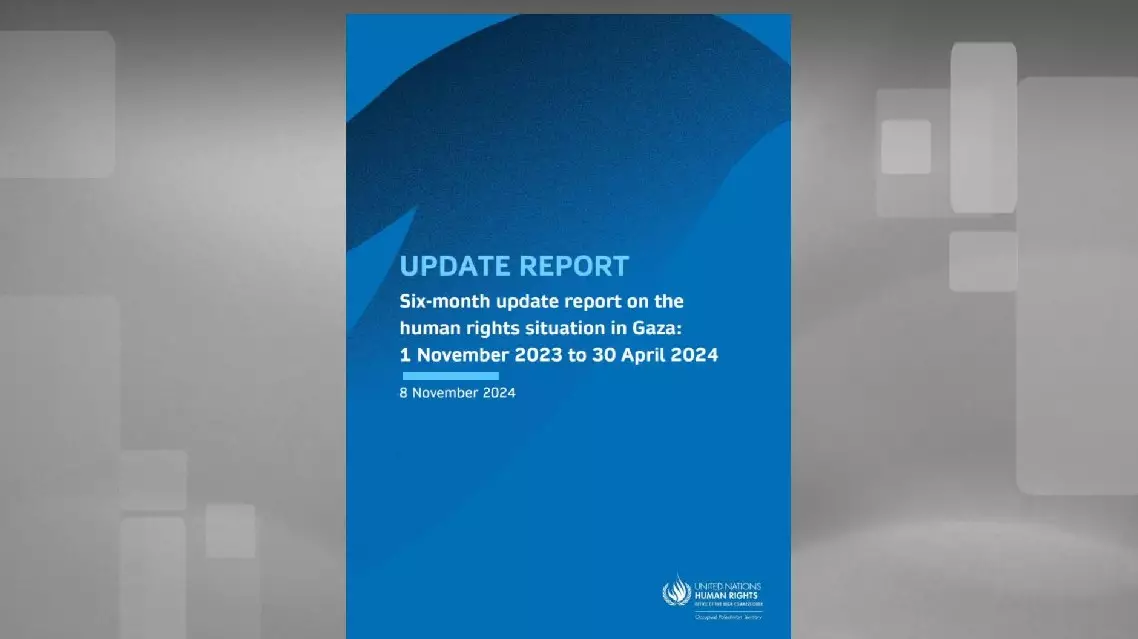
UN Human Rights office demands accountability for violations, atrocity in Gaza
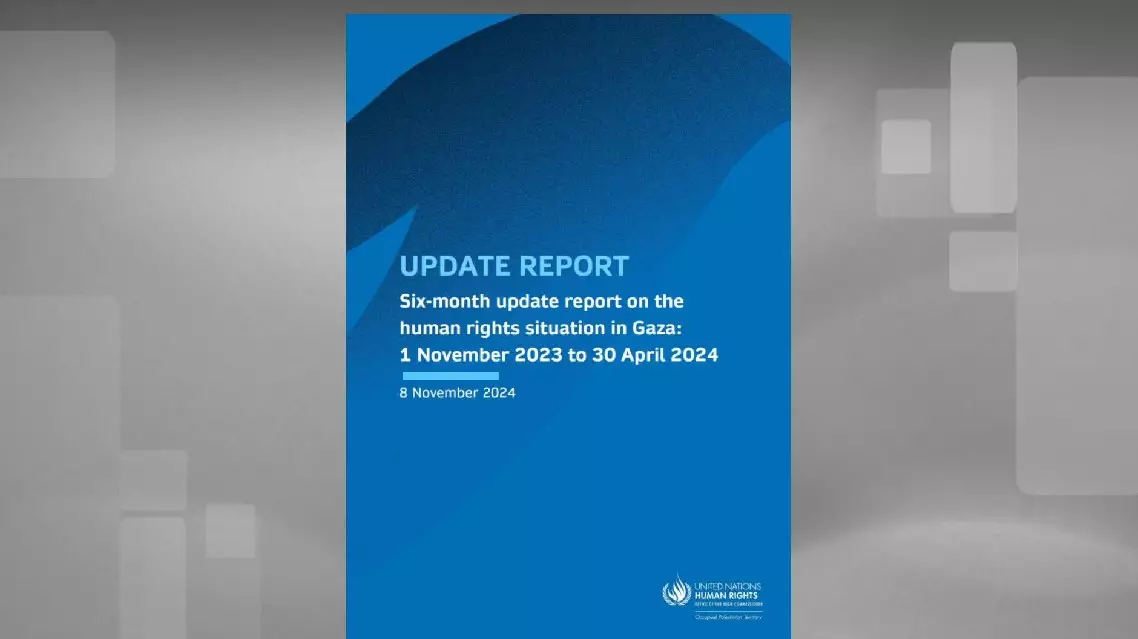
UN Human Rights office demands accountability for violations, atrocity in Gaza
Pop-up stores, temporary retail spaces that are open in hustle and bustle business districts for a limited period, typically a few days to weeks, have emerged as a popular sales strategy among retailers targeting young consumers and became a significant driver of increased consumption.
Compared with traditional brick-and-mortar stores or online sales channels, the pop-up store model can efficiently reach a wide range of potential buyers in multiple cities and scenarios at a lower cost.
For instance, at Gate M West Bund Dream Center in east China's Shanghai, a pop-up store, featuring a six-meter-tall Disney's Stitch figure plus exclusive limited-edition merchandise, made this cute fictional character a top hit this May along the Huangpu River. Despite the event lasting only over 40 days, it attracted thousands of people every day to take photos.
According to staff there, many of the blind boxes and dolls for sale are limited editions and were already sold out upon release.
"I feel that exclusive sales can really arouse people's desire to consume. If you miss it, it will be gone. And it is very cute and pretty. It can be posted on moments," said a consumer.
Limited-time offers, exclusive products, or special events associated with pop-up shops creates a sense of scarcity, generate buzz and create a fear of missing out among customers.
Pop-up shops also allow brands to create immersive experiences that go beyond traditional retail environments. By carefully curating the ambiance, decorations, and interactive elements, brands can captivate customers, add excitement and novelty to their shopping journey, and leave a lasting impression.
Since April, China's first-ever LEGO-themed garden has been unveiled at the Bund Finance Center in Shanghai for a limited period, converting the shopping mall into a temporary giant garden featuring thousands of stunning floral creations made from colorful LEGO bricks. By encouraging consumer participation through photo-taking, check-ins, and interactive experiences, the pop-up has successfully pushed the sales of new products to record highs.
"By introducing our new products in this way, our overall sales have been greatly boosted. Consumers' comments can also be fed back to our brand, providing more inspiration for our future product planning and event planning," said Liu Mingsheng, brand manager at LEGO China.
Through the model, brands can enhance their visibility, explore new markets, and trial new product launches. Simultaneously, shopping malls and commercial districts can effectively generate foot traffic in a short period.
"During the period of pop-up activities, the foot traffic is basically doubled compared to regular days. These activities also prolong customers' dwell time within the mall, encouraging spending on dining, leisure browsing, and other purchases, thereby enhancing overall consumption conversion rates," said Wu Yiping, director of Marketing Department at Shanghai Bund Financial Center.
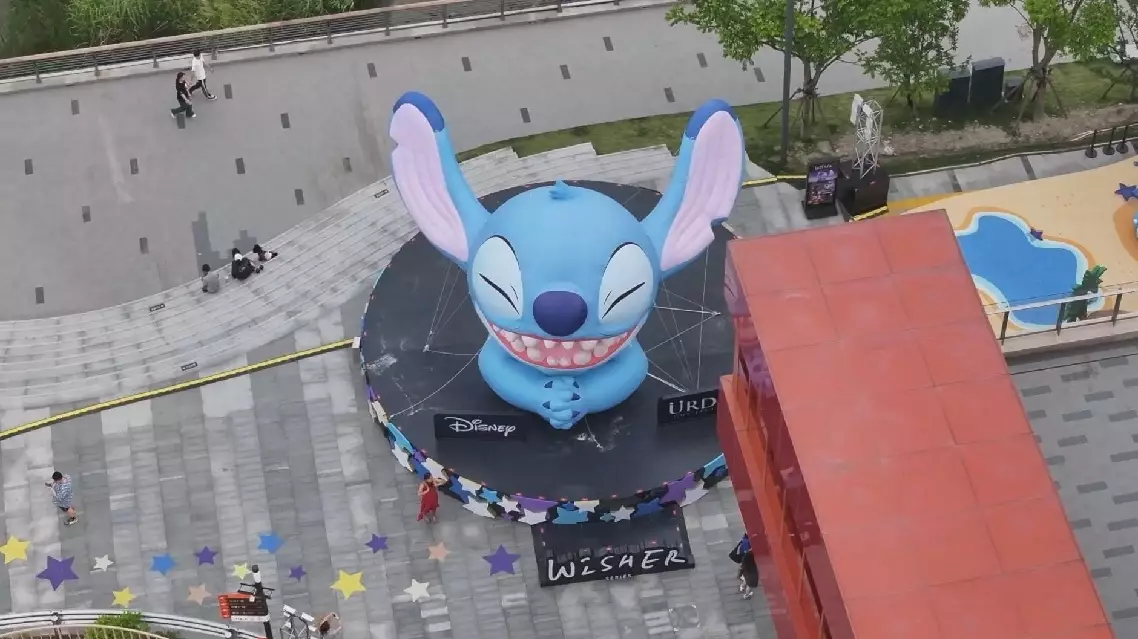
Pop-up stores fuel consumption in China





